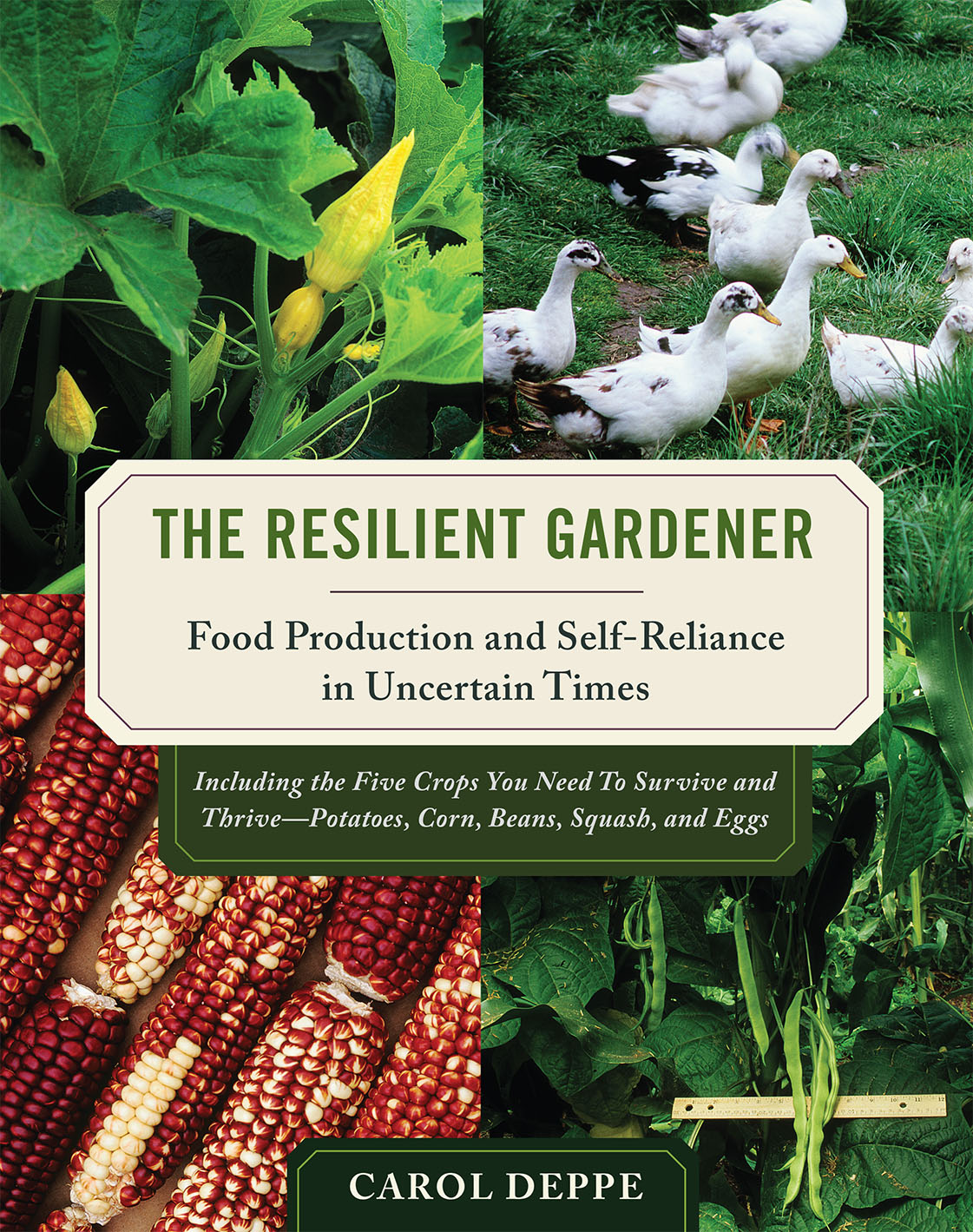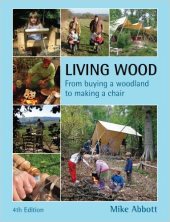


PIP Magazine - Issue 19: Ideas and Inspiration for a Positive Future
will be released to subscribers in:
soon!



 4
4





















Outdoor and Ecological articles (sporadic Mondays) at http://blog.dxlogan.com/ and my main site is found at http://www.dxlogan.com/








R Ranson wrote: Deppes high yield, low input approach to growing staple food, is especially useful for those who aren't too set in their gardening ways to see the value of her suggestions.
Idle dreamer











 1
1




Idle dreamer
 1
1




Tyler Ludens wrote:That is very encouraging. I can't decide if I should purchase this book, because of different growing conditions.
Outdoor and Ecological articles (sporadic Mondays) at http://blog.dxlogan.com/ and my main site is found at http://www.dxlogan.com/
 1
1


























Idle dreamer











 1
1




Idle dreamer











 1
1





 3
3
 1
1




Tyler Ludens wrote:So far I have not been able to nail down a suite of staples that are resilient. Last year was a great squash year, this year may be a complete bust because of squash bugs. Does Deppe not have squash bugs, or do the ducks eat them or ?




Idle dreamer




Working toward a food forest and self sufficiency in Western Oregon.




Medicinal herbs, kitchen herbs, perennial edibles and berries: https://mountainherbs.net/ grown in the Blue Mountains, Australia





Works at a residential alternative high school in the Himalayas SECMOL.org . "Back home" is Cape Cod, E Coast USA.
 1
1








Katy Rose wrote:I loved this book, but I ordered nearly $100 worth of seeds from her this past spring and never received them. Sent several emails and have heard nothing--just wanted to warn others, because I was very disappointed. The book is a wonderful resource, though.
HOW TO ORDER, ORDERING DEADLINE, & PAYMENT: Browse the catalog on
my website (http://www.caroldeppe.com/)or on this pdf (downloadable from my website). Download
and print out the order form, fill it out, and send it (by ordinary mail) with your payment to Carol
Deppe, Fertile Valley Seeds, 7263 NW Valley View Dr., Corvallis, Oregon 97330. The ordering form
is the last few pages of this pdf; it can also be downloaded as a separate pdf.) The order deadline for
the 2017 season is April 31, 2017.Orders will be filled in the order received. I am still processing
seeds in January; I start shipping in February. Fertile Valley Seeds is a seasonal seed company.
After April 31 I return to gardening, plant breeding, and writing. (So please don’t expect to order seeds
or get questions answered at the seed company email address (or my home address) year round.) There
is no print catalog, telephone ordering, or email ordering. Acceptable payment includes personal
checks, money orders, and any piece of paper that my bank will accept as a deposit. Please do not send
forms of payment that require me to make a special trip to some special place in order to cash them.
Please do not use certified or registered mail, as this, too, often requires a special trip to the post office,
greatly delaying, NOT expediting your order. What if you have no printer? Yes, you can use a piece
of paper. However, include all info on the ordering form, including your email address (which I need to
deal with any questions or problems).



















Katy Rose wrote:I loved this book, but I ordered nearly $100 worth of seeds from her this past spring and never received them. Sent several emails and have heard nothing--just wanted to warn others, because I was very disappointed. The book is a wonderful resource, though.








Western Montana gardener and botanist in zone 6a according to 2012 zone update.
Gardening on lakebed sediments with 7 inch silty clay loam topsoil, 7 inch clay accumulation layer underneath, have added sand in places.




To lead a tranquil life, mind your own business and work with your hands.




Examine your lifestyle, multiply it by 7.7 billion other ego-monkeys with similar desires and query whether that global impact is conscionable.




Moderator, Treatment Free Beekeepers group on Facebook.
https://www.facebook.com/groups/treatmentfreebeekeepers/













Read about Permies.com site basics in this thread: https://permies.com/t/43625/Universal















